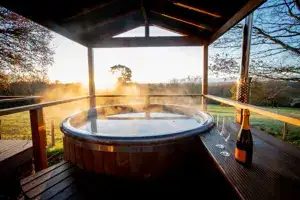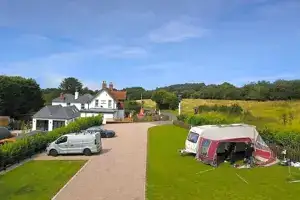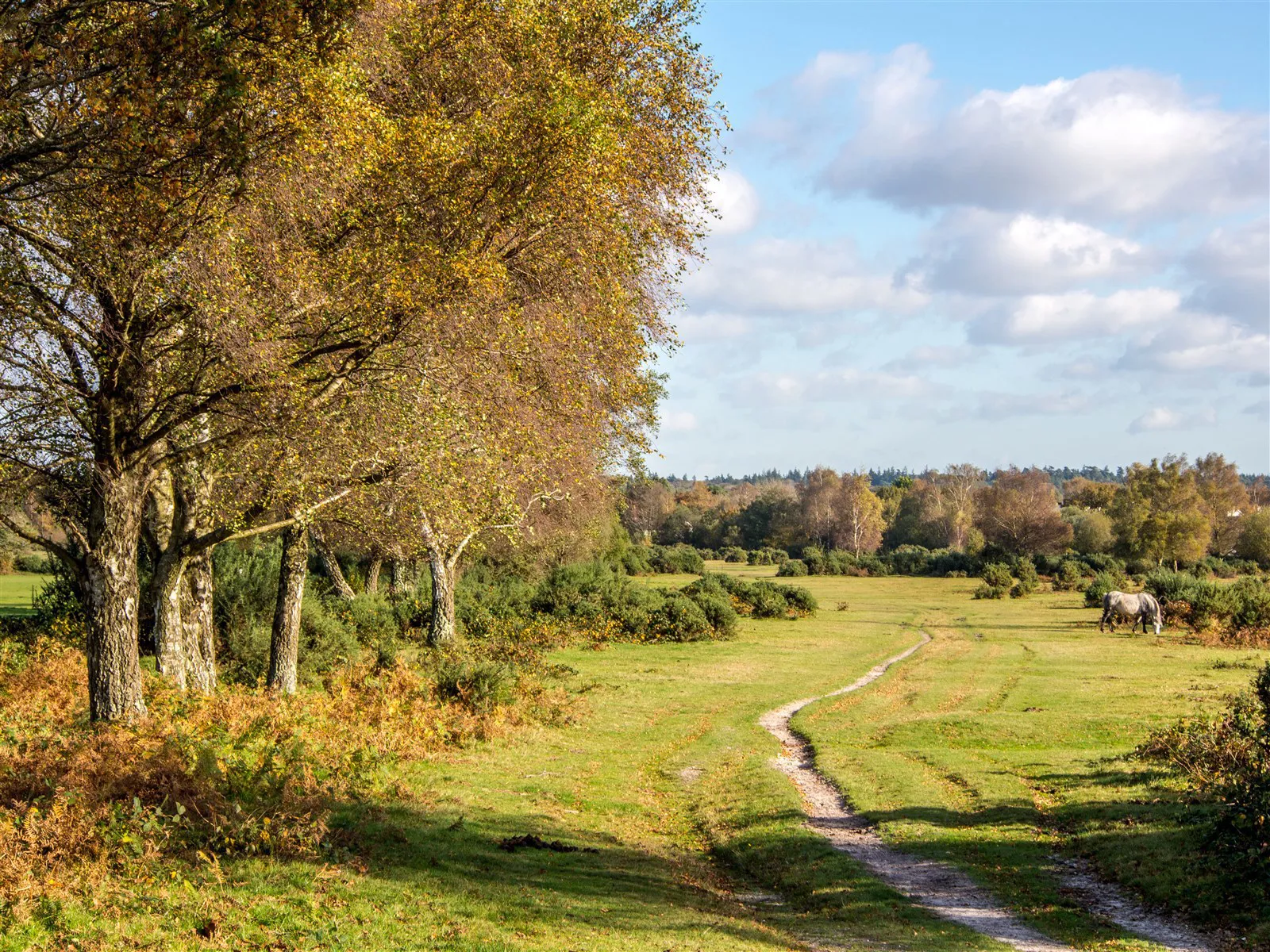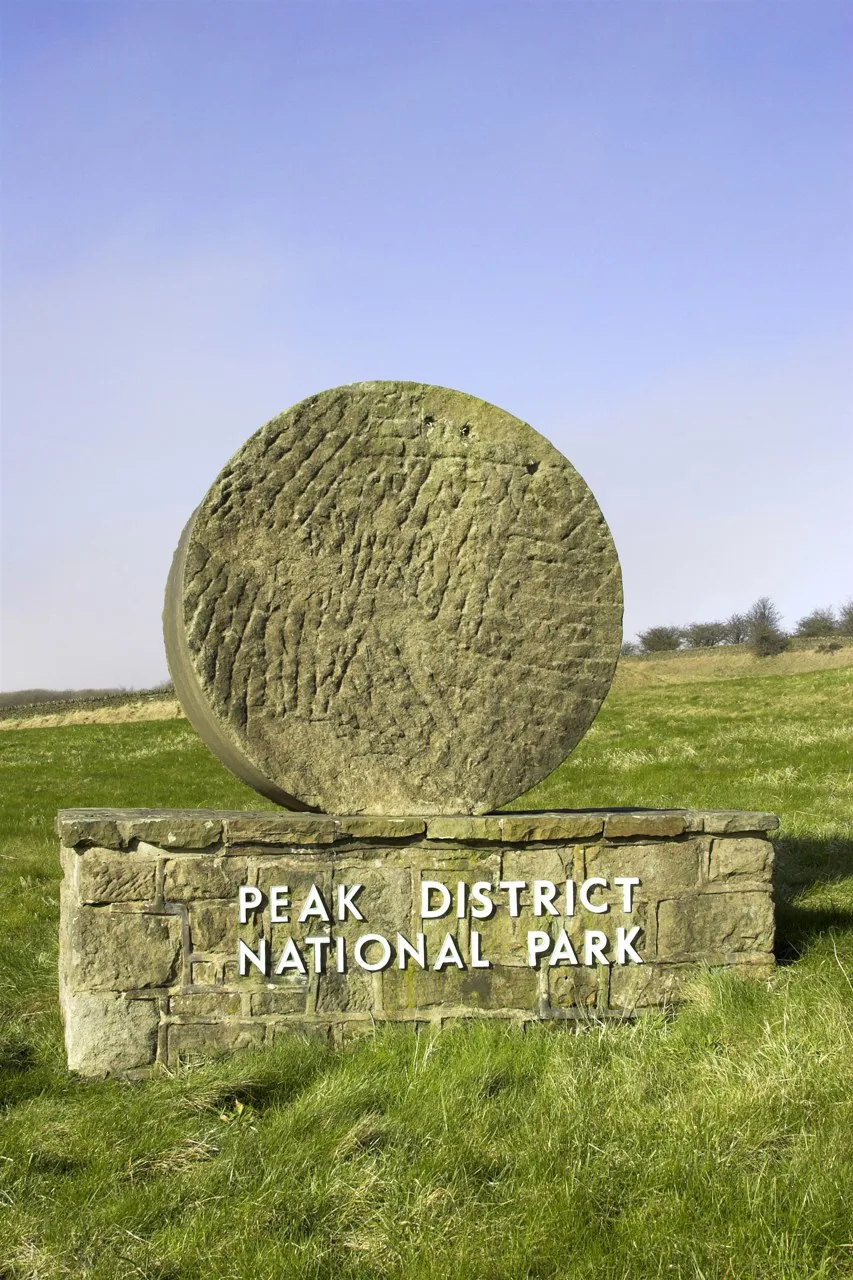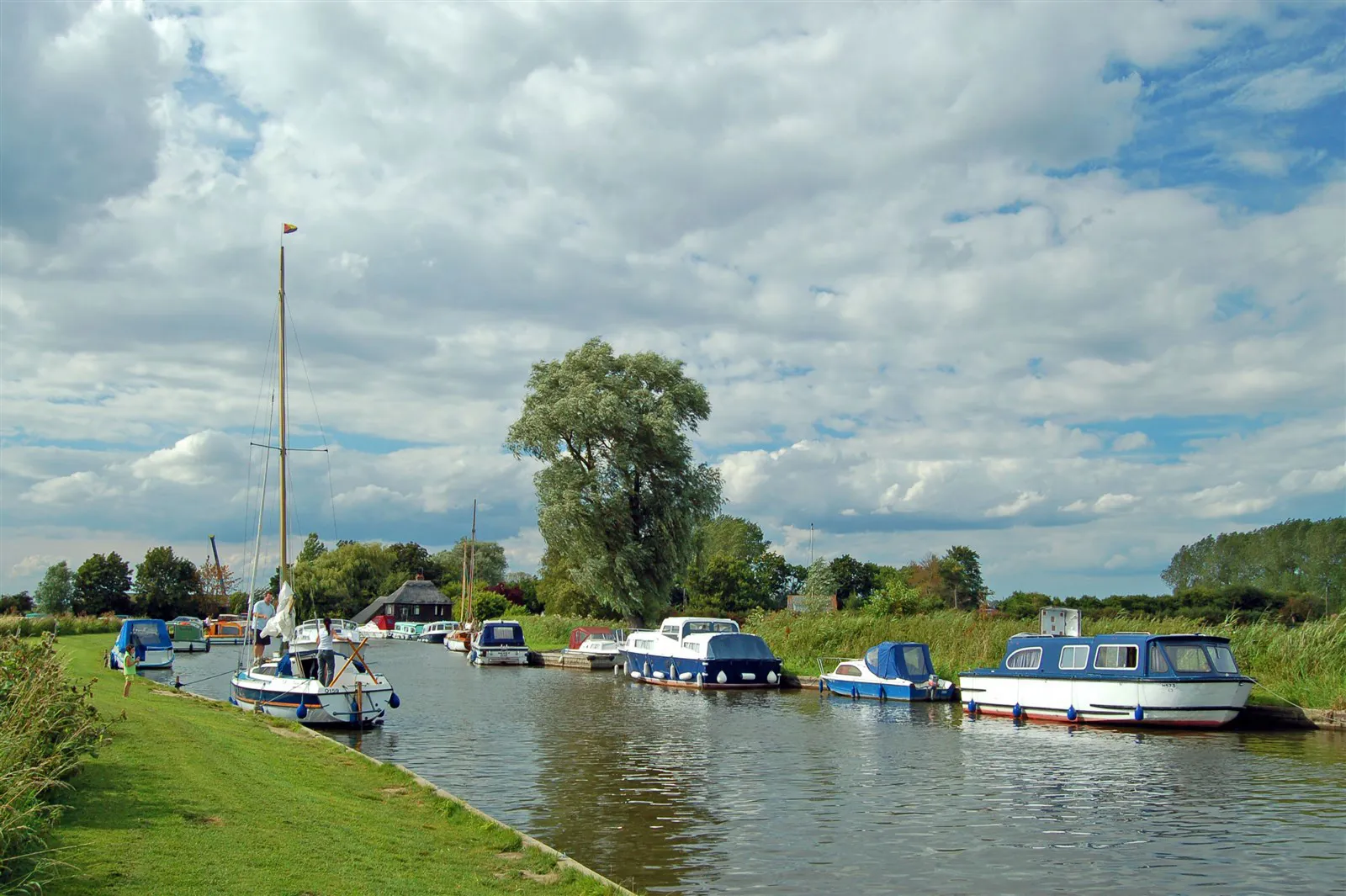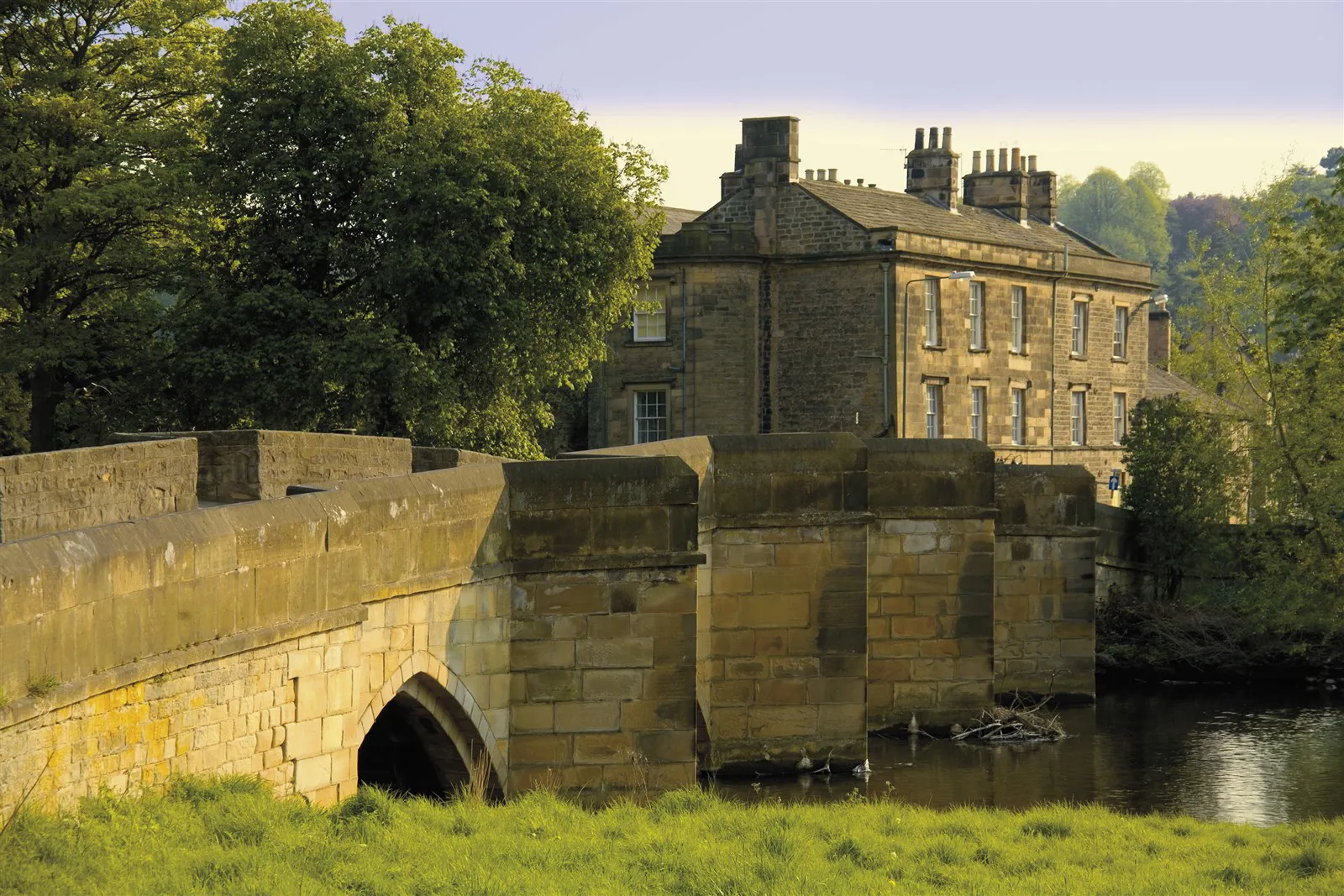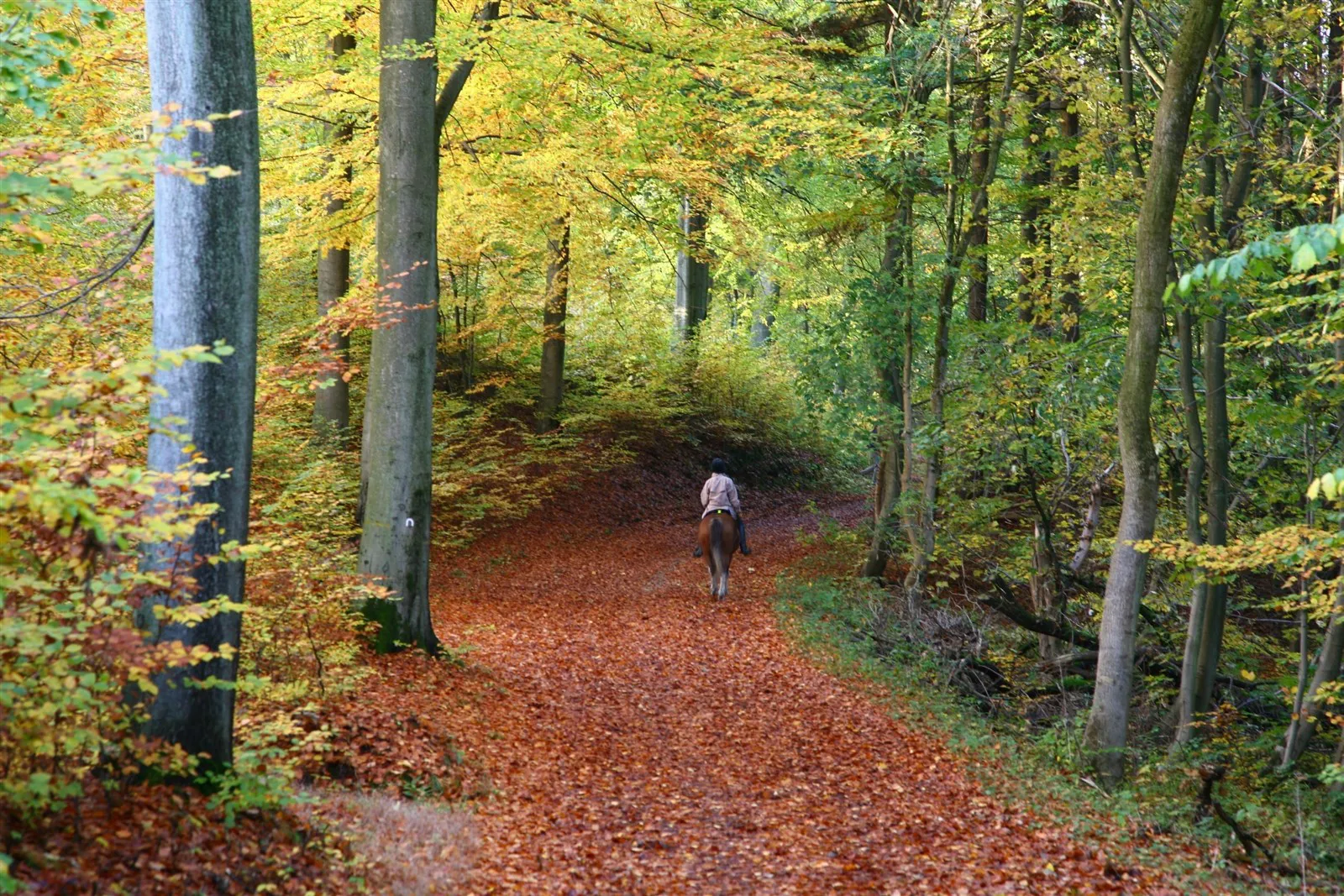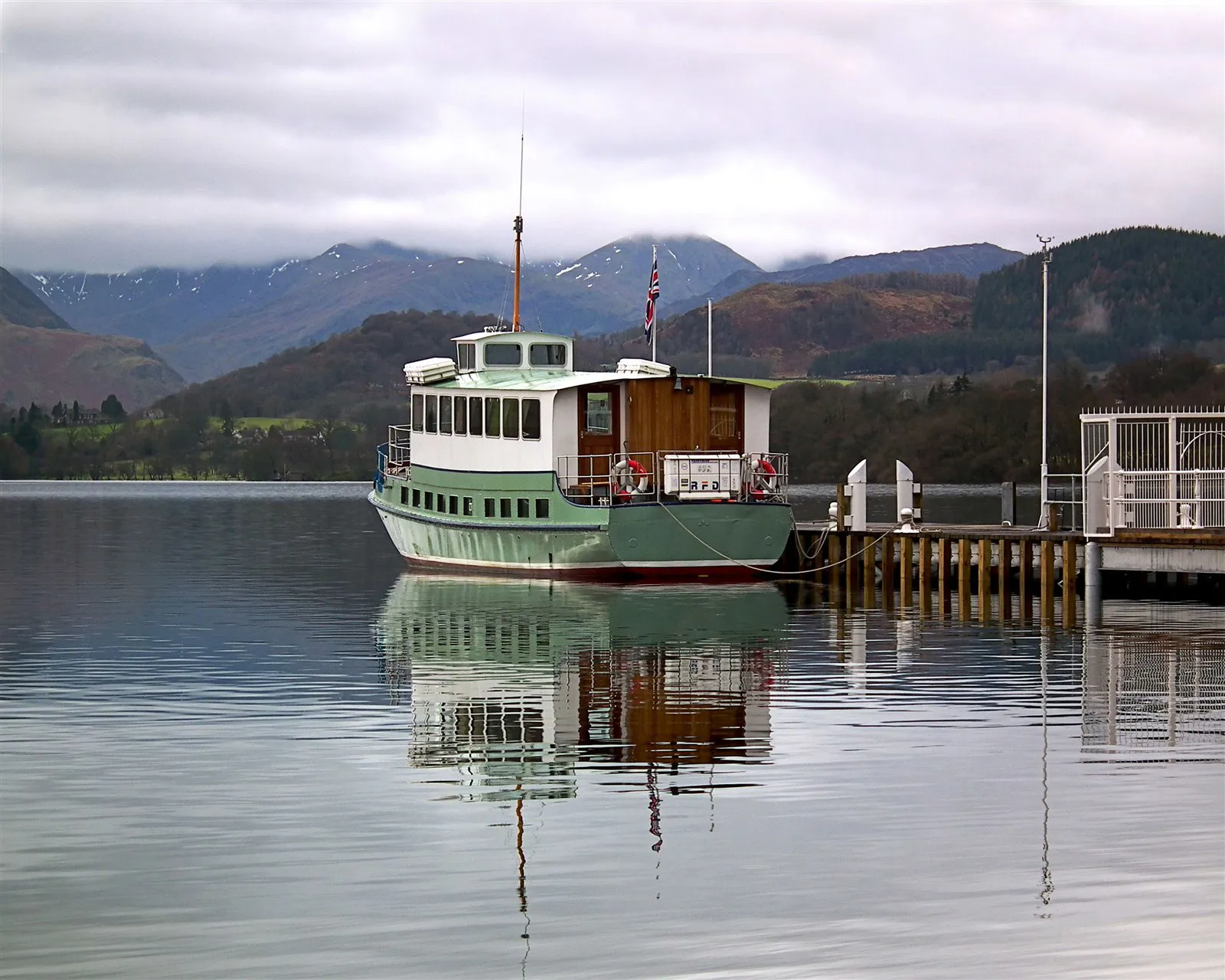
Wild camping Dartmoor: Do's and don'ts
If you love the outdoors and getting close to nature, you can’t get much closer than wild camping. However, wild camping isn’t allowed everywhere. Even common or open access land has restrictions on it and requires permission from the landowner. To experience unforgettable wild camping, Dartmoor National Park is an ideal location. Below you will find tips to help you adhere to the laws that protect the park and make the most of your wild camping Dartmoor experience.
Choosing a wild camping spot in Dartmoor National Park
In certain parts of Dartmoor National Park, wild camping is allowed for up to two days without requiring permission from the land owner. Avoid areas such as those surrounded by fences and walls, anywhere that is within 100 metres of a road, anywhere that is within sight of a road or house, flood plains, archaeological sites and farmland (though you may be able to get permission from the farm landowner). If you plan to camp near military ranges, it is vital to ensure there will be no live firing during the night or the following day. The boundaries of the dangerous parts of military ranges are marked and any warning signs next to these boundaries must be adhered to if you want to camp in these areas. You will find a map on the park’s website which highlights where wild camping is and is not allowed.
Try to use dry or well-drained ground that will resist damage. Ideally, you should choose an area where you don’t have to move any rocks. If you do have to move them, make sure you put them back in their original place before you leave as these rocks may protect insects and plants.
Follow the backpacking code of conduct
It is important to adhere to the backpacking code of conduct within Dartmoor National Park. Wild camping should be done as an individual or in a small group and camping areas should be left as you found them. However, if you come across someone else’s litter, help protect the park and take it away with you! Make sure that no litter is left behind and that human waste is dealt with efficiently. Do not light any fires and if you need to use a camping stove, keep it on a rock over the ground. Don’t overuse a wild camping site. If there are visible signs of a previous tent pitch, make sure you pitch your tent away from this location in order to reduce impact to the landscape. Streams are a great source of clean water and should be kept that way. Ensure that you keep pollutants and soap away from streams and make sure toilet areas are a minimum of 30 metres away from any water sources.
Before heading off on your backpacking trip, tell someone where you are going and provide a rough guide for when you’ll be back. If you have travelled to the park by car, leave it in a busy car park to decrease the chance of it being broken into or stolen. Dogs can accompany you as long as they are kept under control and you clean up after them.
Be aware that during lambing, calving and nesting season (from March 1st to July 31st) you may come across animals giving birth and raising their young. Some birds will nest near or on the ground. You may not realise they are there and so it is a good idea to keep vigilant for them. It is important not to disturb any of these animals and you should find an alternate camping location if there you are near them. During the nesting and lambing season, dogs should be kept on short leashes.
Advantages and disadvantages of wild camping
There are many pros and cons to wild camping. There is nothing quite like experiencing the incredible landscape of Dartmoor National Park in a wild camping spot, away from crowds. This is an ideal way to get up close and personal with nature. However, because there are no facilities nearby, this may not the most convenient type of camping. You’ll need to carry everything you need with you and constantly be aware of causing as minimal disturbance as possible.
When you’re wild camping, you can’t just pop along to a handily available tap to get your fresh water. Always try to find running water as close to the source as possible as this is your best chance of clean water. It’s a good idea to scout out the area upstream a bit in order to make sure there are no dead animals which may be polluting the water. For peace of mind, boil the water before drinking it.
Then there’s the weather to consider. You should always check weather forecasts before you begin your trip. If there is going to be a storm, consider delaying your trip until clearer weather. Of course, sometimes you can get stuck in poor weather when you’re already outdoors, in which case you have to just make do as best you can and try to find a sheltered spot. If the weather doesn’t get you, the midges probably will. If weather conditions are favourable, then don’t camp in a sheltered location but rather choose somewhere on higher ground as breezes can help to reduce the chances of being attacked by these little beasties.
Equipment recommendations
Your tent should be small, ideally a one-man tent, and it should be as discreet as possible (for example a shade of green or brown rather than a highly visible colour). Alternatively, opt for a bivvy to reduce your load. Your camping equipment should be as lightweight as possible as you’re going to be backpacking with it for quite some time and hauling a heavy load is quickly going to detract from your fun adventure. Keep things minimal, such as one cup, one pan, one set of cutlery (or a spork) and sufficient food and liquids for your trip without trying to cram every tasty treat you can think of into your backpack. In addition to things like your sleeping bag and tent, don’t forget items such as toilet paper, a lighter, a torch and enough fuel for your camping stove.
A wild adventure awaits
Wild camping in Dartmoor National Park can be a wonderful experience provided you stick to the do’s and don’ts above. Be aware of your impact on the environment to help protect this park so that future generations can also enjoy this amazing outdoor adventure.
Download our list of everything of you need to remember for the perfect camping trip!
DownloadThese ideas for days out, places to visit and other experiences offer something for everyone.
Browse Ideas
